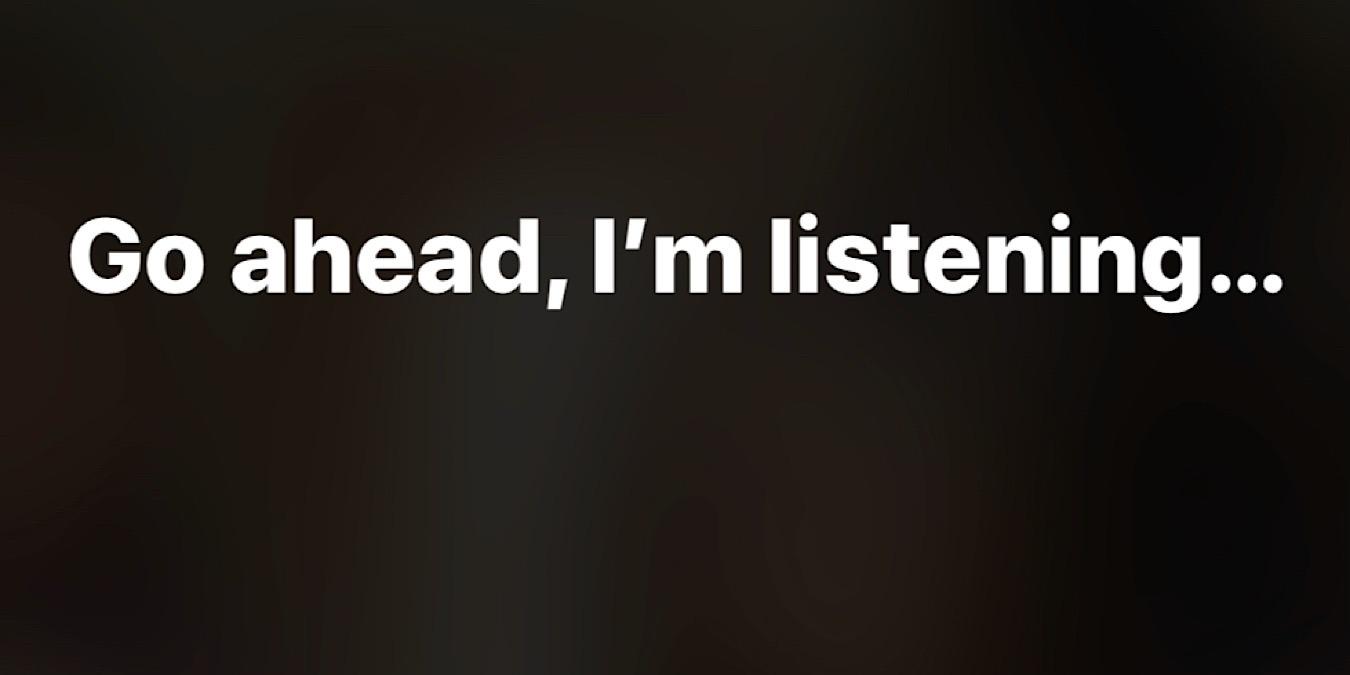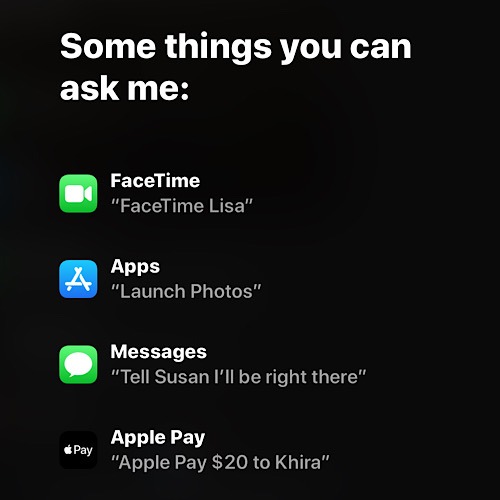
Technology has come so far that our voices are suddenly very important to our computing experience. We don’t need to have many buttons anymore. We have fingerprint and face recognition and also have voice recognition. All smart speakers work with a voice assistant, such as Alexa, Google Assistant, or Siri.
Siri is so big that there’s even a rumor that Siri will have its own OS next year. Just as the iPad grew up and needed its own operating system, now that same thing may be happening to Siri. And that speaks very much to the future of voice technology if Siri is going to need its own operating system.
Computing by Voice
Siri was introduced by Apple in 2011, and it’s continued to improve every year. This led to other voice assistants on other systems, with some of them even leaving Siri in the dust. Apple is struggling to keep up with the voice technology, which is surprising, since they made the bigger splash with it first.
The Voice Tech 2019 report is predicting that SiriOS will be introduced at Apple’s 2020 Worldwide Developers Conference. However, not much more is known than that. It’s been suggested that it would be similar to the Alexa Skills Kit or Google’s developer toolkits for Assistant.
By not baking it into iOS, the new iPadiOS, or macOS, having SiriOS be a standalone platform would allow Apple to take it in different directions, as it wouldn’t be constrained by the other OSes. Along with being used on iPhones, iPads, and Macs, it would be used on HomePods as well as AppleTVs, Apple Watches, and CarPlay.
This raises the question of how big voice technology is going to be to our computing experience going forward. Voice Tech 2019 predicts voice technology will really take off in the next decade.

The report explains that communicating with our voices is “far more natural, convenient, and efficient” than with a keyboard. Certainly, we know that’s true.
But what the report is also suggesting is that with an improved voice recognition and machine learning, it will lead to a “new generation of technology companies in every category.”
This seems to imply that we’ll have all new devices that won’t be as dependent on a keyboard. And when you look at smart speakers, smart home products, and IoT products as a whole, that certainly makes sense. And maybe that’s where SiriOS is headed, not as an accompaniment to another OS but as the only OS on a device.
The Downsides
Imagine not having to type anymore or even touch a screen and being able to do all your computing by voice. It would seem as far advanced as Alexa is that that type of a future isn’t really too far behind.
Of course, there has to be a downside. There are of course possible difficulties to be considered before we just all drop our current devices and get ready to do all our computing by voice.
There are still way too many privacy questions with voice technology. There are horror stories all over. Additionally, you’re not always in a place where you can use your voice. Maybe you’re in bed at night next to someone who is sleeping; maybe you want to keep your social networking on the down-low while you’re at work. Regardless, you’ll still need another way to communicate than with just your voice.
What are your thoughts on the future of voice technology? Would you like to see voice assistants expanded in such a way that they become your main ways of computing? Chime in to the comments below and let us know your thoughts.







